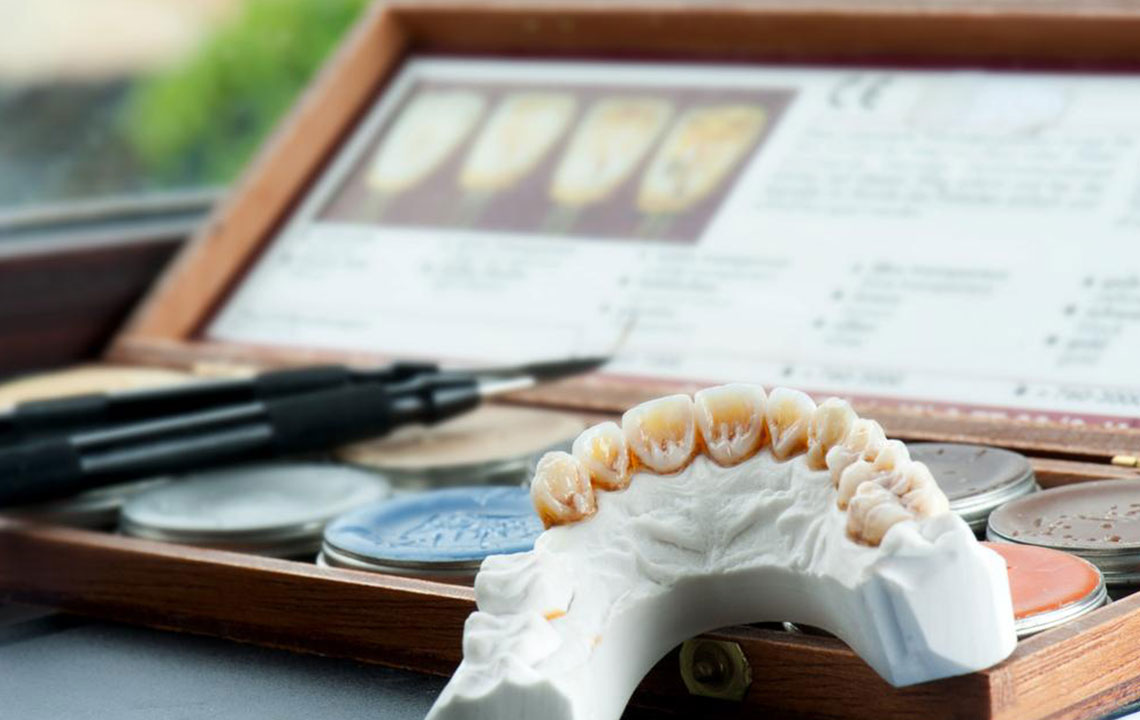Comprehensive Guide to Dental Implants: Types, Costs, and Essential Considerations
Discover everything about dental implants, including various types, costs, and key considerations to choose the best solution for restoring your dental health. This comprehensive guide covers implant options, price ranges in Mexico, and tips on selecting experienced professionals to ensure successful outcomes and long-lasting results.

An In-Depth Look at Dental Implants: Varieties, Pricing Structures, and Important Factors to Consider
Dental implants have revolutionized restorative dentistry, offering patients an effective and durable solution for replacing missing or damaged teeth. These artificial roots, typically made from biocompatible materials like titanium or zirconia, are surgically inserted into the jawbone, creating a stable foundation for various dental prosthetics. The procedure not only restores functionality—allowing patients to chew, speak, and smile confidently—but also preserves jawbone health and facial aesthetics. In different regions, including Mexico, the costs associated with dental implants can vary significantly, influenced by factors such as the type of implant, material used, complexity of the procedure, and the clinic's reputation. Understanding these factors is essential for making informed decisions about your dental health. This comprehensive guide will cover the various types of dental implants available, detailed cost estimates, key considerations for choosing the right implant, and tips on selecting experienced dental professionals. Whether you're exploring options for a single tooth replacement or comprehensive full-mouth rebuilds, this article will equip you with the knowledge needed to navigate the landscape of dental implant procedures effectively.
Different Types of Dental Implants: An Overview
Choosing the appropriate dental implant depends largely on your specific dental needs, bone structure, and budget. There are several types of dental implants designed to address various clinical scenarios, each with distinct advantages and considerations.
Single Tooth Implants
Single-tooth implants are among the most common dental implant procedures. They are ideal for patients who have lost just one tooth due to decay, injury, or other dental issues. The process involves surgically inserting a titanium post into the jawbone, which acts as a root replacement. Once inserted, a healing period of approximately three to four months allows the implant to fuse firmly with the jawbone in a process called osseointegration. After successful integration, a custom-made crown is attached to the implant, restoring the appearance and functionality of a natural tooth. This method is highly effective, offers durability, and prevents bone resorption that typically occurs when teeth are missing.
Implant-Supported Bridges
This option is suitable for patients missing multiple adjacent teeth. Instead of replacing each tooth individually, prosthetic crowns are attached to multiple implants to support an artificial bridge. These bridges fill gaps more securely and help maintain both chewing strength and facial structure. One of the benefits of this method is reduced impact on surrounding teeth, as it avoids preparing neighboring teeth for crowns. While implant-supported bridges help preserve jawbone density, over long-term use, there may be some reduction in bone volume, which requires monitoring.
Implant-Retained Dentures
For individuals experiencing complete tooth loss, implant-retained dentures offer a stable and natural-looking solution. These are removable prostheses that are anchored onto multiple implants embedded in the jawbone. Unlike traditional dentures, implant-supported dentures provide a more secure fit, prevent slipping, and usually require fewer adjustments over time. Proper fitting involves taking detailed molds of the patient's mouth to ensure comfort and proper function. While they offer improved stability, some patients may experience minor discomfort or pressure points initially, which typically improves with time and adjustments.
Cost Factors and Pricing of Dental Implants
The costs associated with dental implants can vary based on multiple factors, including the choice of materials, implant design, number of implants needed, and additional procedures like bone grafting or sinus lifts. Here’s a detailed breakdown of common implant types and their approximate prices:
Single Titanium Implant: M$ 650 – M$ 1,350
Zirconium Implant (ceramic-based): M$ 1,270
Mini Implants (smaller diameter for specific cases): M$ 400
Same-day Implants (Immediate placement after extraction): M$ 1,230
Zygomatic Implants (for severe bone loss in the cheekbone area): M$ 2,500
All-on-4 (full arch replacement on four implants): M$ 7,080 – M$ 9,710
All-on-6 (full arch with six implants): M$ 10,210
All-on-8 (full arch with eight implants): M$ 11,280
3-on-6 (three implants supporting a full arch): M$ 10,170
Additional procedures such as bone grafts or sinus lifts are often necessary to prepare the jawbone for implants, especially when there is significant bone loss. Bone grafting costs approximately M$ 200, while sinus lift procedures are around M$ 500. These procedures are crucial to ensure the stability and longevity of your dental implants but can increase the overall treatment cost. It’s important to consult directly with dental clinics to receive precise estimates tailored to your unique case.Factors Influencing the Cost of Dental Implants
The price of dental implants is not fixed and can vary significantly based on several factors:
Material choice: Titanium vs. zirconia impacts cost, with zirconia generally being more expensive.
Number of implants required: multiple implants are costlier than single implants.
Additional procedures: bone grafting, sinus lifts, or other preparatory surgeries increase costs.
Complexity of the case: cases with bone loss or other complications may require advanced techniques, raising expenses.
Location and clinic reputation: more experienced clinics typically charge higher prices but offer better quality and safety.
Choosing the Right Dental Implant Specialist
Selecting a qualified and experienced dental professional is critical for the success of your implant treatment. Look for practitioners with extensive experience in dental implantology, proper certifications, and positive patient reviews. Ideally, choose a full-service clinic that manages all phases of the procedure—from consultation and surgical placement to restoration and follow-up care. This ensures continuity, reduces the risk of complications, and enhances overall satisfaction. Don’t hesitate to ask about previous case results and seek second opinions to ensure you are making an informed choice.





